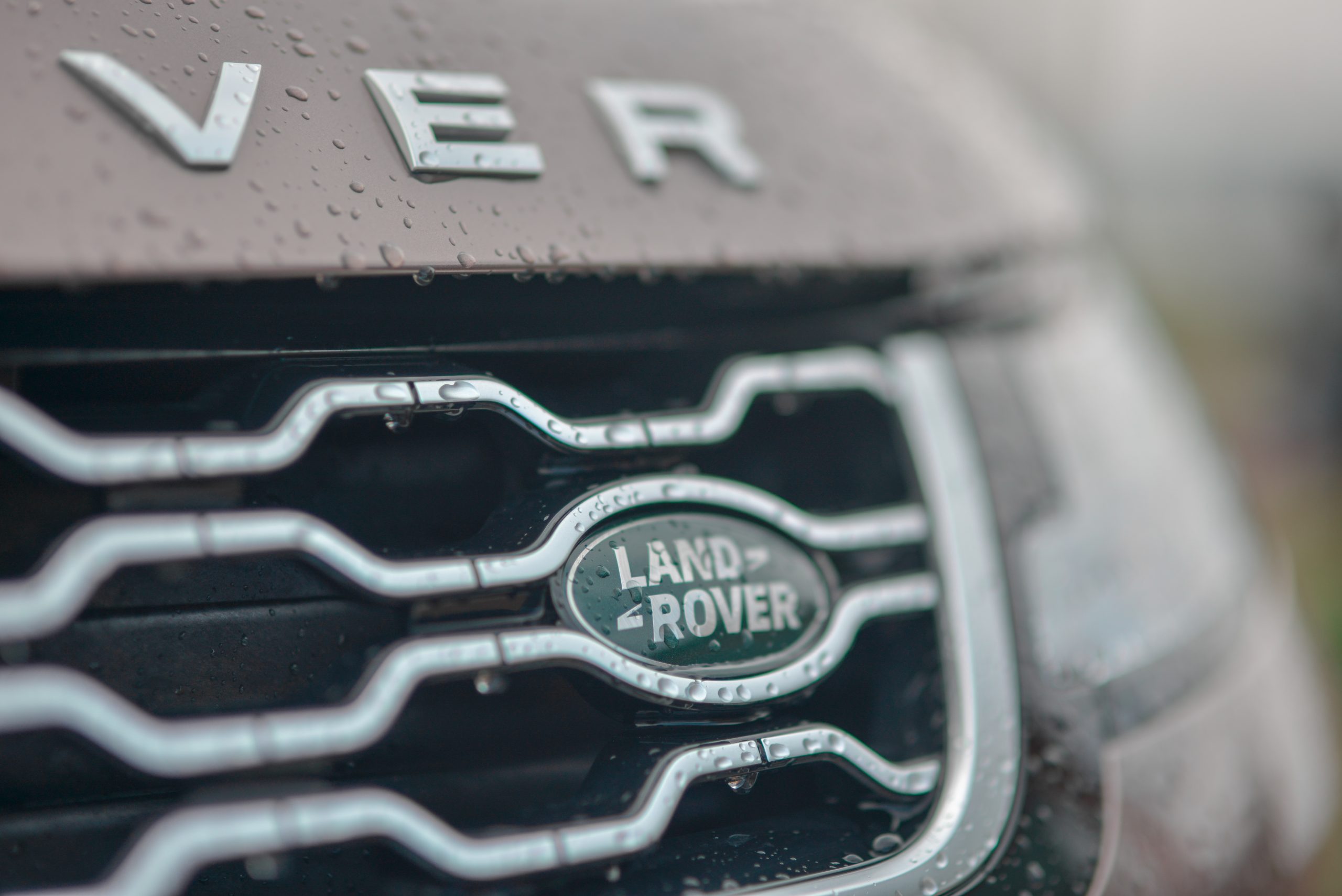Jaguar Land Rover, the luxury car manufacturer, has announced a £15 billion ($20.8 billion) investment plan to accelerate its shift to electric vehicles (EVs). The move is part of the company’s aim to become a net-zero carbon business by 2039.
The British automaker has been grappling with the shift to EVs in recent years as consumers increasingly demand sustainable and environmentally friendly vehicles. The company has committed to offering electrified options for all its models by 2025, with the aim of transitioning to a fully electric fleet by 2030.
The new investment plan includes £2.5 billion ($3.4 billion) in spending on new technology, £6 billion ($8.3 billion) on electrification, and £2.5 billion ($3.4 billion) on research and development.
Jaguar Land Rover plans to invest in its UK manufacturing plants to make them more sustainable, including the creation of a new Battery Assembly Centre in Hams Hall, North Warwickshire. The company will also establish an Electric Drive Unit (EDU) Centre in Wolverhampton, which will manufacture EV motors.
In addition, the company aims to achieve carbon neutrality across its supply chain, operations, and products by 2039, making it one of the first major automakers to target carbon neutrality across its entire business.
Jaguar Land Rover’s CEO, Thierry Bollore, said the investment plan would create new jobs in the UK and help the country to transition to a low-carbon economy. “The plan will allow us to become a more agile, more efficient, and even more customer-focused company,” he said.
The UK government has welcomed the investment, with Business Secretary Kwasi Kwarteng calling it a “huge step” in the country’s transition to electric vehicles. “It demonstrates the confidence of investors in the UK’s economy and the government’s unwavering commitment to the automotive sector,” he said.
Jaguar Land Rover’s announcement comes amid a growing trend of automakers committing to an electric future. In January, General Motors said it would phase out gasoline and diesel-powered vehicles by 2035, while Ford said it would only sell EVs in Europe by 2030. In March, Volvo said it would only sell electric vehicles by 2030.
However, the shift to EVs is not without its challenges. One major hurdle for automakers is the availability of battery materials such as cobalt, lithium, and nickel. These materials are needed to produce the batteries that power EVs, and their production is concentrated in a few countries, leading to concerns about supply chain disruptions and price volatility.
Jaguar Land Rover’s investment in a Battery Assembly Centre could help to alleviate some of these concerns. The facility will have an initial capacity of 150,000 units per year and will create around 4,500 jobs.
Another challenge is the lack of charging infrastructure. While the number of public charging stations is increasing, there are still concerns about the availability of charging points in some areas.
Despite these challenges, the shift to electric vehicles is gaining momentum, and automakers are scrambling to keep up with consumer demand. Jaguar Land Rover’s ambitious investment plan is a clear indication of the company’s commitment to the electric future and its determination to be at the forefront of the industry’s transition to a more sustainable future.
As the world continues to grapple with the challenges posed by climate change, the shift to electric vehicles is likely to accelerate, and automakers that fail to adapt could be left behind. Jaguar Land Rover’s £15 billion investment plan is a bold move that signals the company’s determination to be a leader in the industry’s transition to a more sustainable future




